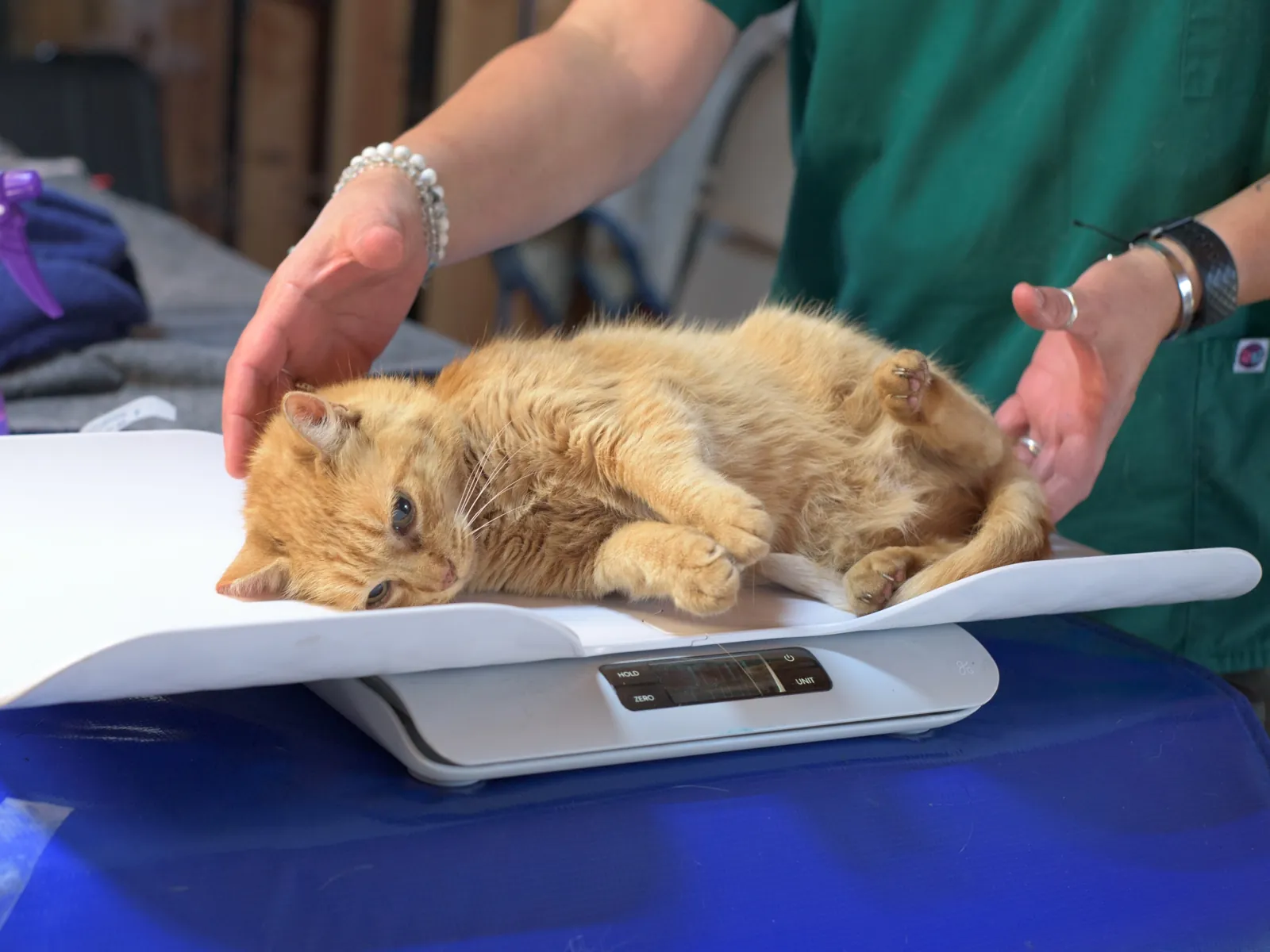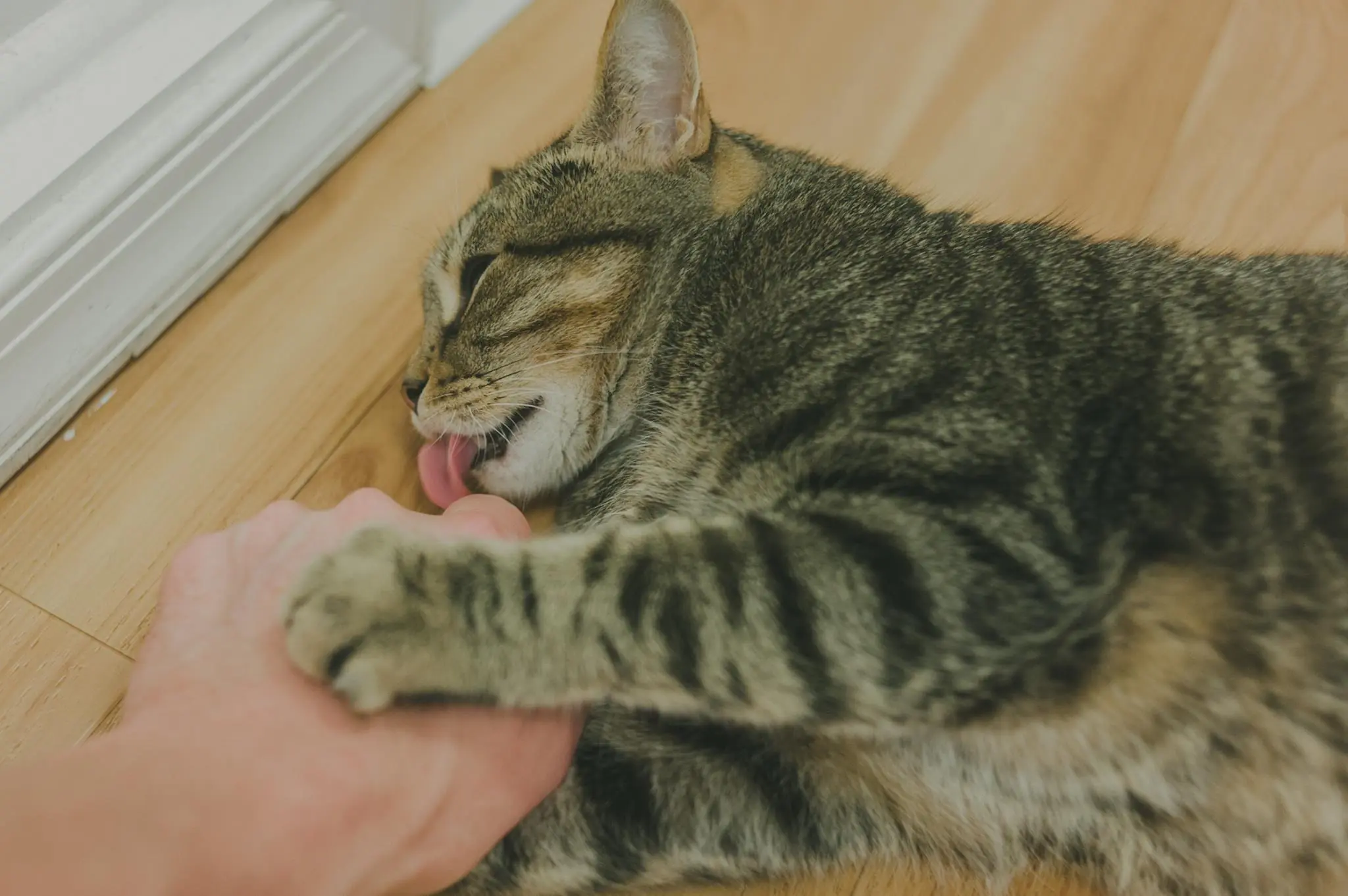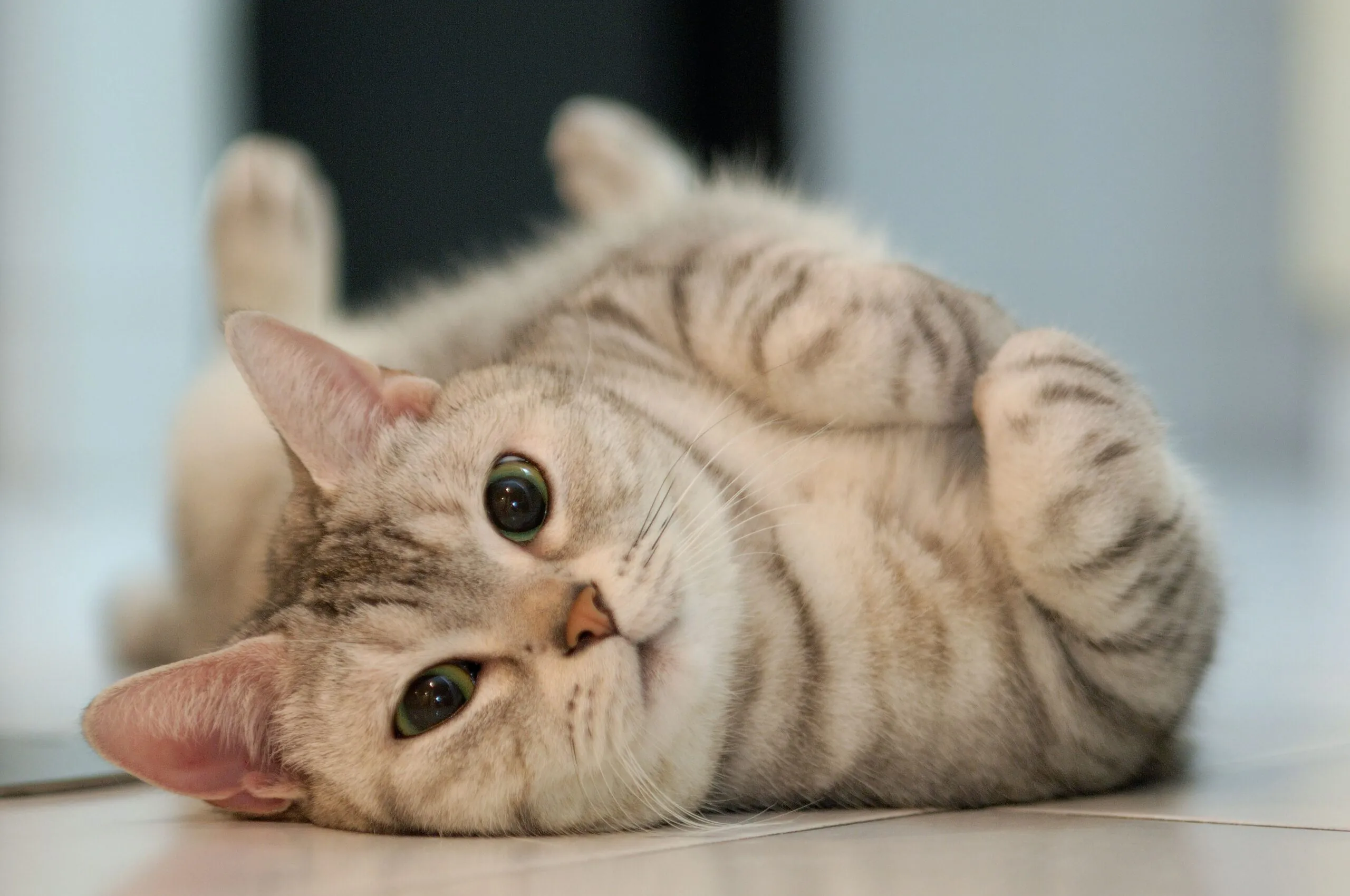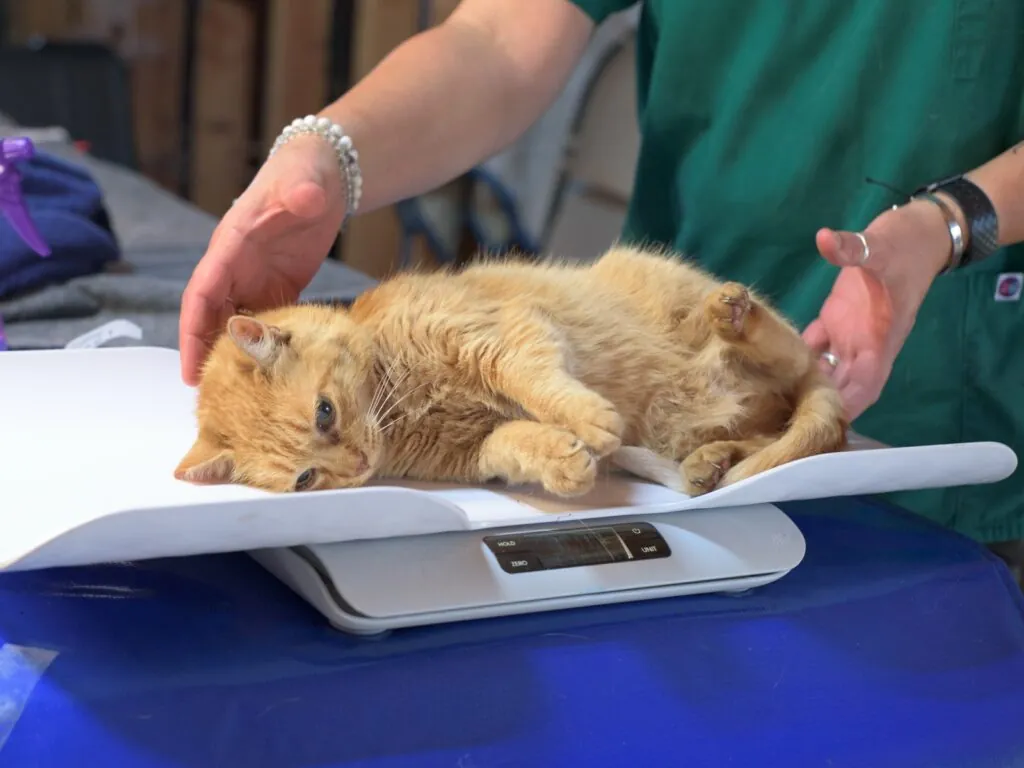No products in the cart.
Blog
5 Common Signs of Illness in Cats
Hey there, fellow cat lovers! Whether you’re a new cat parent or a seasoned feline friend enthusiast, one thing is for sure: our sweet furballs rely on us to keep them happy, healthy, and safe. While they might not speak our language, cats are pretty good at giving us hints when something isn’t right. Unfortunately, they can also be pretty sneaky about hiding their discomfort. So, how do you know if your kitty is unwell? Today, we’re going to delve into five common signs of illness you should watch for in your beloved cat.
>>>Read more: 5 Tips for Trimming Your Cat’s Nails

1. Changes in Appetite
One of the first things you might notice if your cat is unwell is a change in their eating habits. Cats are creatures of habit, so any sudden shift can be a red flag. If your kitty suddenly stops eating or seems less interested in their food, it could indicate a variety of issues, such as dental problems, gastrointestinal distress, or even more serious health problems.
On the flip side, if your cat has suddenly become a little too eager at mealtime, wolfing down food like they’re preparing for a food competition, this could also signify an underlying problem. Conditions like diabetes or hyperthyroidism can lead to increased hunger, so if you spot these changes, it’s time to consult your vet.
Pro Tip:
Keep an eye on their food and water bowls. Changes in how much they eat and drink can help you notice any patterns that may signal illness.
2. Lethargy or Increased Sleeping
Cats are notorious nappers, but if your typically playful kitty is suddenly spending an excessive amount of time snoozing away, it could be a sign they’re not feeling their best. A lethargic cat may show less interest in playing, exploring, or even engaging with you. If your cat has traded in their playful pounces for long, uninterested stretches on the couch, don’t dismiss it as just feeling lazy.
Of course, every cat has their own personality, and some are naturally more chill than others. But if you sense a marked change in their energy levels or if they seem to struggle to get up, it’s important to take note. Your cat might be battling an infection or pain that’s not immediately obvious.
Pro Tip:
Keep a mental check on how active your cat is on an average day and look for any obvious changes. A quick comparison to their usual behavior can help you determine if something’s off.
3. Changes in Grooming Habits
Cats are generally fastidious groomers, and a well-groomed kitty is usually a happy one. If you notice that your cat has developed a scruffy look, it could be a sign that they aren’t feeling well. When cats are sick, their energy may disappear, and grooming might be the last thing on their mind.
Conversely, some cats may over-groom themselves when stressed or in pain, leading to bald patches or skin wounds. If you spot any changes in your cat’s grooming habits, be sure to pay attention. You might need to explore options with your veterinarian to find out what’s bothering your kitty.
Pro Tip:
Take a close look at your cat’s coat, skin condition, and grooming habits regularly. It may seem small, but these details can tell you a lot about their overall health.

4. Changes in Bathroom Habits
As a cat parent, it’s important to be familiar with your kitty’s litter box behavior. Any noticeable shifts can be an important indicator that something isn’t quite right. If your otherwise steady litter box user suddenly stops using the bathroom for several hours or days, it could indicate a urinary blockage or constipation—both of which can be very serious!
In addition, watch for changes in the amount of urine they produce or if you see any blood in their urine or feces. On the opposite end, an increase in urination or marked changes in the consistency of their stools can signal other health problems, such as infections or gastrointestinal issues.
Pro Tip:
Regularly scoop the litter box (we know, bundle of joy, right?) so you can monitor their bathroom habits. Pay attention to their litter box use to catch any irregularities early on.
5. Behavioral Changes
Cats are quirky creatures with funny personalities, but sudden behavioral changes can signal illness. If your cat who usually greets you at the door decides to play hard to get or your previously outgoing kitty becomes withdrawn, these could be critical cues that something is wrong.
Excessive vocalization, aggression, or even hiding away in unusual spots can be their way of expressing discomfort or distress. Remember, behavioral changes can often be linked back to physical health, so when in doubt, it’s always a good idea to check in with your vet.
Pro Tip:
Keep your eye on your kitty’s overall demeanor, especially during stressful changes (like a move or a new pet). These changes in personality can also help pinpoint if something’s off.

Final Thoughts
There you have it! Five common signs of illness in cats that you should keep an eye out for. As cat owners, it’s our responsibility to watch for these subtle hints and signs that our furry friends might not be feeling so great. Listen to your instincts — if something feels off, don’t hesitate to consult your veterinarian.
Remember, the sooner you can catch an issue, the better the chances of a full recovery. So, keep loving those furry beings and snuggle them close, while also paying attention to their unique little quirks. Your cat will thank you for it!
>>>Buy now: 9 Years Old 9th Birthday Girls Cute Cat Awesome Since 2013 Hoodie


